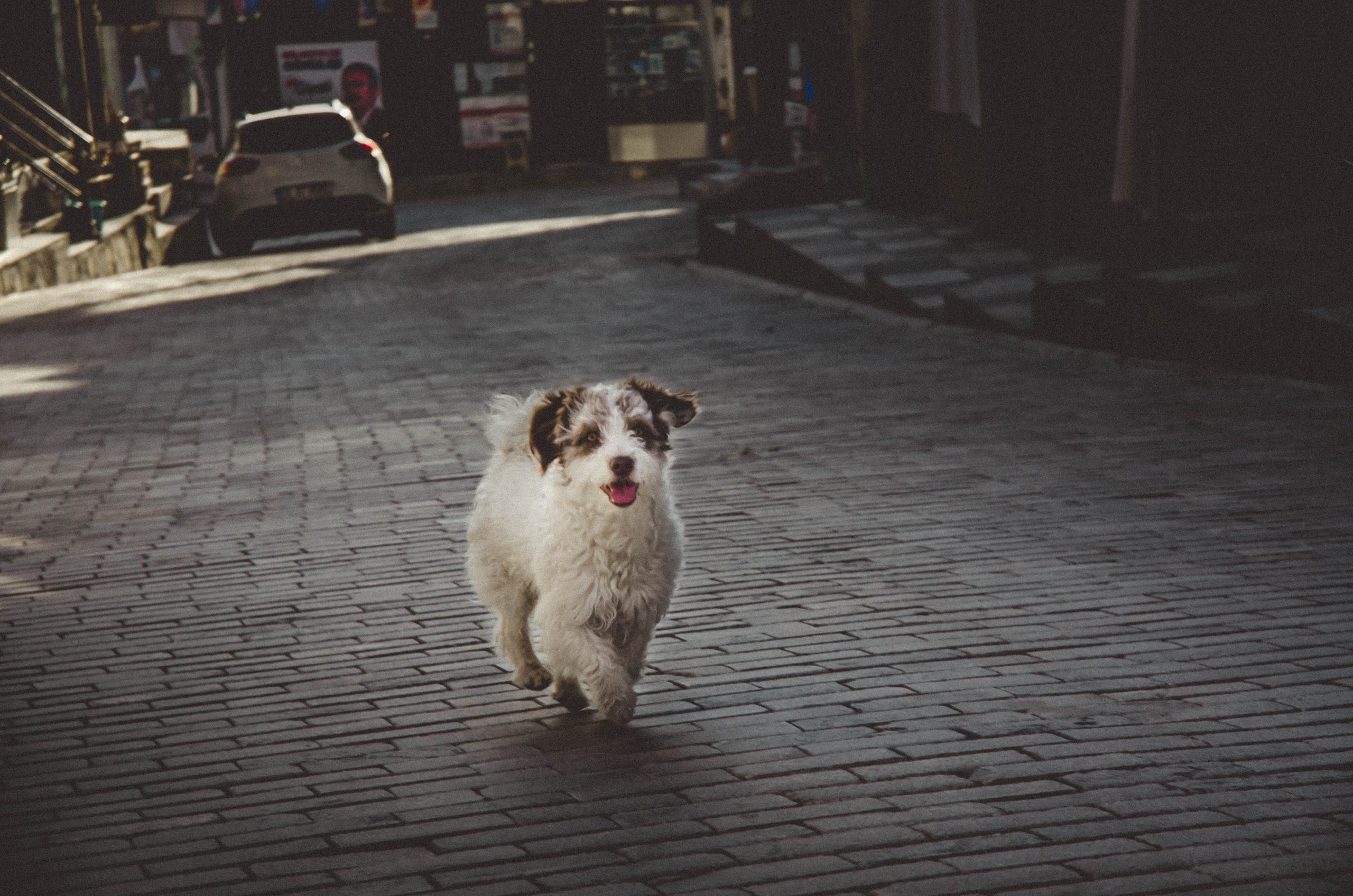Diarrhea in dogs is a frequent concern for pet owners and can be distressing for both pets and their human companions. Understanding the underlying causes of diarrhea is vital for managing your pet’s health and helping them return to normal as quickly as possible.
Dietary Indiscretion
One of the most prevalent causes of diarrhea in dogs is dietary indiscretion, which occurs when a dog consumes inappropriate or spoiled food. This might involve scavenging from the trash, eating human food, or even munching on grass. Dogs are naturally curious and may not recognize what is safe to eat, leading to digestive upset. Symptoms may include vomiting, lethargy, or changes in appetite. In many cases, diarrhea may resolve on its own within a day or two, particularly if the dog is otherwise healthy. However, monitoring your dog closely and consulting a veterinarian if symptoms persist is essential.
Infections
Bacterial, viral, or parasitic infections can also lead to diarrhea in dogs. Bacterial infections, such as salmonella or campylobacter, can stem from contaminated food or water. These infections may result in severe symptoms, including bloody diarrhea, vomiting, and fever. Parasitic infections like giardia or roundworms can cause gastrointestinal upset, leading to intermittent or chronic diarrhea. Viruses, such as parvovirus, pose a significant risk, especially in puppies or unvaccinated dogs, as they can lead to severe dehydration and even death without prompt treatment. Recognizing the signs of these infections and seeking veterinary care is crucial for your dog’s well-being.
Food Allergies and Intolerances
Food allergies or intolerances are another common cause of diarrhea in dogs. Just as humans can develop sensitivities to certain ingredients, dogs can also experience adverse reactions to specific foods. Common allergens include beef, chicken, dairy, and wheat. Symptoms may manifest as skin issues, such as itching or hot spots, but gastrointestinal symptoms like diarrhea are also prevalent. If food allergies are suspected, working with a veterinarian to conduct an elimination diet trial is essential to identify the problematic ingredient and adjust the dog’s diet accordingly.
Stress and Anxiety
Stress and anxiety can significantly contribute to diarrhea in dogs. Changes in routine, new environments, or the introduction of new pets can trigger stress responses in some dogs, leading to gastrointestinal upset. Recognizing signs of stress and providing a stable environment can alleviate these symptoms. Maintaining a consistent routine for feeding and exercise supports overall well-being.
Medical Conditions
Certain medical conditions can also cause diarrhea in dogs. Issues like pancreatitis, inflammatory bowel disease, or liver disease can profoundly affect a dog’s digestive system. These conditions often require veterinary diagnosis and treatment, which may include medications, dietary changes, and supportive care. Persistent diarrhea or other concerning symptoms, such as weight loss or lethargy, necessitate a thorough examination by a veterinarian.
Toxins
In some cases, toxins may be the cause of diarrhea. Dogs, driven by curiosity, may ingest harmful substances, such as chocolate, grapes, or certain household chemicals. If ingestion of a toxic substance is suspected, seeking veterinary care immediately is critical to prevent severe health complications.
Hydration and Dietary Management
Hydration is of utmost importance when managing diarrhea in dogs. Diarrhea can lead to dehydration, particularly dangerous for puppies and older dogs. Ensure access to fresh water at all times and monitor water intake. If a dog refuses to drink or shows signs of dehydration, such as dry gums or lethargy, prompt veterinary attention is necessary.
In mild cases of diarrhea, a temporary diet change may help settle a dog’s stomach. Many veterinarians recommend a bland diet of boiled chicken and rice for a few days. This simple diet can ease digestive strain and may help firm up stool. However, transitioning back to the regular diet should be gradual to avoid exacerbating gastrointestinal issues.
Preventive Measures
Preventive measures can significantly reduce the likelihood of diarrhea in dogs. Feeding a high-quality, balanced diet helps maintain digestive health. Avoid giving table scraps or human food, as these can lead to dietary indiscretion and upset stomachs. Regular veterinary check-ups can catch underlying health issues early and ensure that the dog is up to date on vaccinations to prevent infectious diseases.
Understanding the common causes of diarrhea empowers pet owners to take proactive steps in managing their dogs’ health. While dietary indiscretion is often the primary culprit, infections, allergies, stress, and underlying medical conditions can also contribute to this issue. Staying observant and attentive to a dog’s health can make a significant difference in recovery and overall well-being.
If diarrhea occurs, remain calm and monitor the dog’s condition closely. Keeping a record of symptoms, including the frequency and consistency of stool, can assist veterinarians in assessing the situation effectively and identifying potential triggers or patterns.
While occasional diarrhea may be normal, persistent or severe cases require veterinary attention. Never hesitate to consult a veterinarian if there are concerns about a dog’s health, as they can provide valuable support and care.

